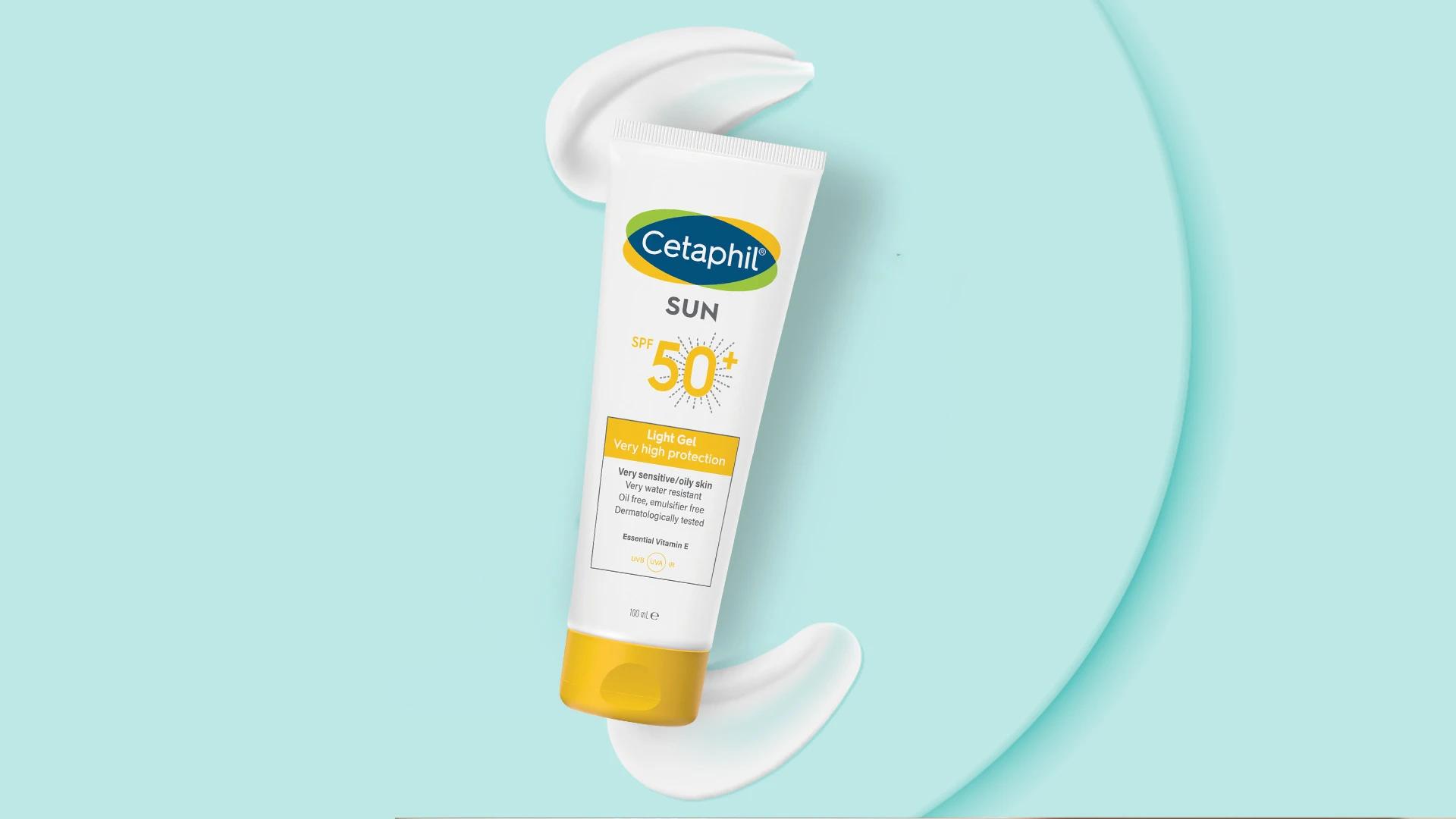formulas that won't slide off or become uncomfortable throughout the day. Dry climates might allow for slightly more emollient formulas that provide additional hydration.
Indoor workers still need daily sun protection, but lighter formulas often suffice for minimal sun exposure. Those spending significant time outdoors need more robust, long-lasting formulations. Blue light protection becomes relevant for heavy screen users, though traditional UV protection remains the priority.
Frequently Asked Questions
Can I use the same sunscreen for my face and body if I have oily skin?
Whilst possible, facial skin is typically more sensitive and prone to breakouts than body skin. Face-specific formulations often provide better results for oily complexions, offering lighter textures and non-comedogenic ingredients that work better under makeup.
How can I prevent sunscreen from making my skin look shiny?
Choose mattifying sunblock formulas with oil-absorbing ingredients like silica or clay. Apply thin layers and allow complete absorption between applications. Setting powder can help control additional shine throughout the day.
Is it necessary to use sunscreen if I'm indoors most of the day?
Yes, UV rays penetrate windows, and even brief outdoor exposure during commutes adds up over time. Daily lightweight SPF protection helps prevent cumulative sun damage regardless of your daily routine.
Can sunscreen help control oil production in my skin?
Whilst sunscreen's primary job is UV protection, many formulas for oily skin include oil-controlling ingredients. Some sunscreens with niacinamide or other active ingredients can help regulate sebum production over time.
How often should I reapply sunscreen on my oily skin?
Every two hours remains the gold standard, regardless of skin type. For oily skin, powder sunscreens or setting sprays with SPF can make reapplication easier without disrupting makeup or adding unwanted shine.
Final Thoughts
Finding the best sunscreen for oily skin doesn't have to be a never-ending quest. Focus on non-greasy sunscreen formulas with mattifying properties and oil-free ingredients that work with your skin rather than against it. Remember that proper sun protection is non-negotiable—the key lies in finding formulas that make daily application a pleasure rather than a chore.
Your perfect pore-friendly sun cream is out there, whether it's a lightweight gel, mattifying lotion, or tinted formula that doubles as your daily base. The long-term benefits of consistent sun protection—preventing premature ageing, hyperpigmentation, and serious skin damage—make the search absolutely worth it. Your future self will thank you for making sun protection a daily habit, regardless of your skin type.

 60ml
60ml 13 gm
13 gm 50ml
50ml 50 ml
50 ml